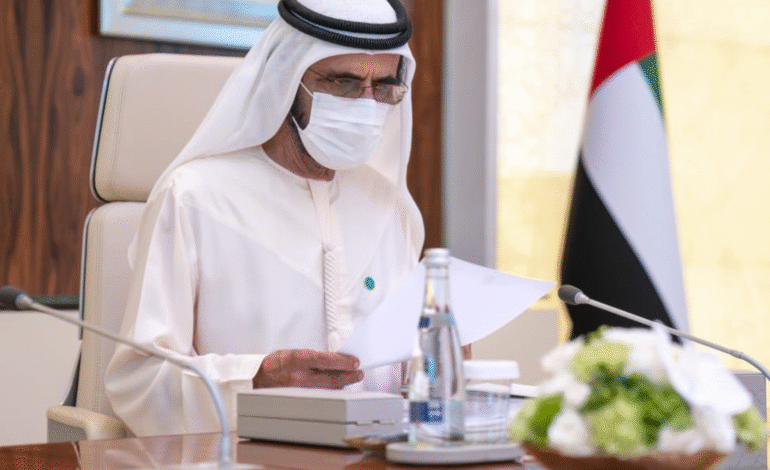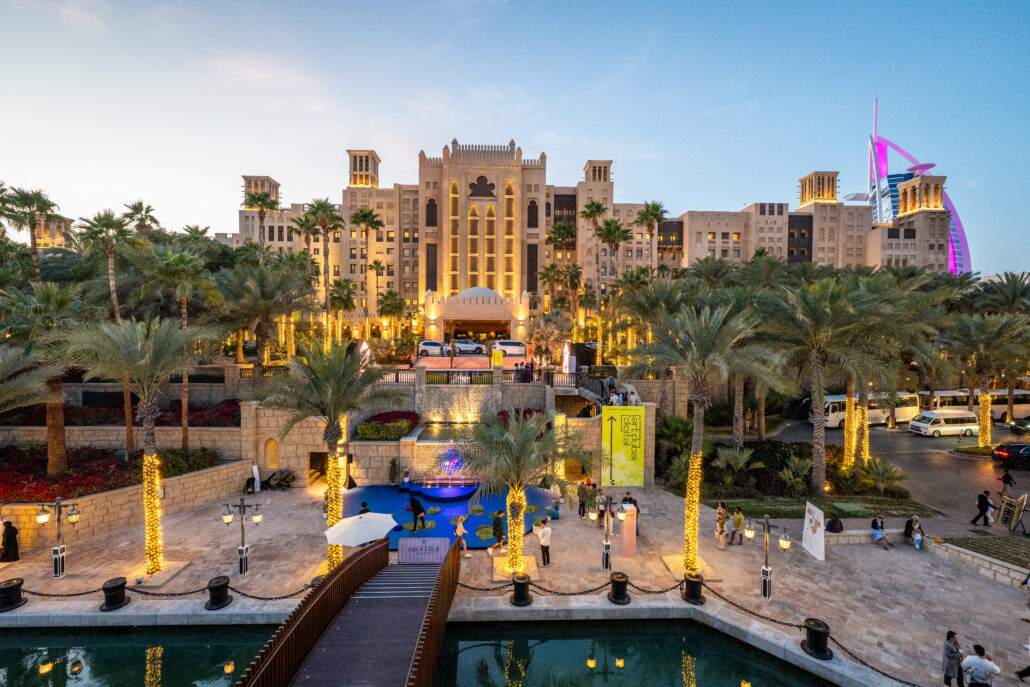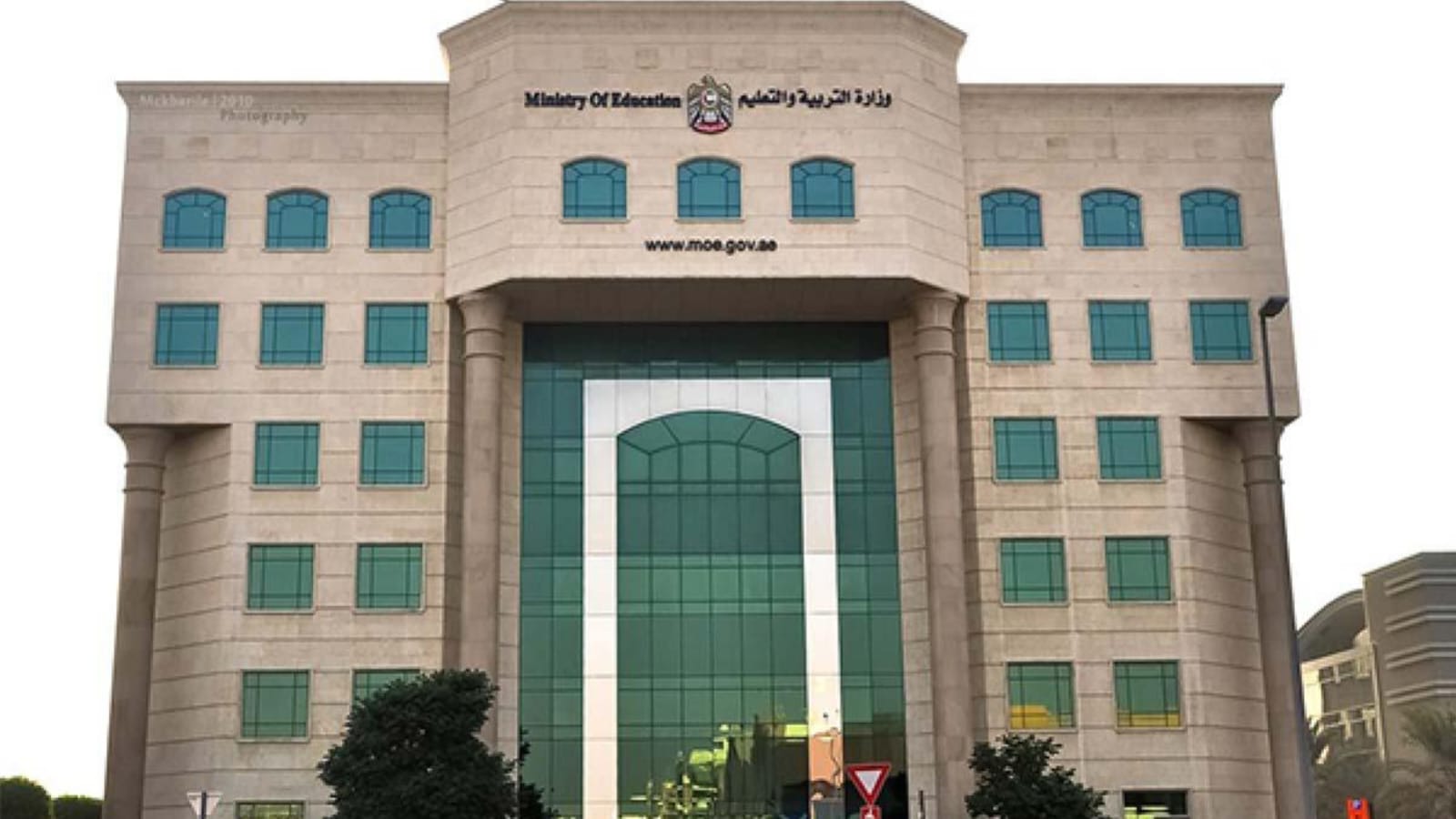Sheikh Mohammed Boosts Dubai’s Dispute Resolution with New 2025 Law

In a significant move to strengthen Dubai’s legal framework, His Highness Sheikh Mohammed bin Rashid Al Maktoum, Ruler of Dubai, has introduced Law No. (9) of 2025, amending key provisions of Law No. (18) of 2021 on the regulation of conciliation frameworks. This transformative legislation, effective upon its publication in the Official Gazette, aims to streamline dispute resolution processes, ensuring efficiency, accessibility, and fairness for all parties involved in disputes within the emirate. By modernizing the Centre for Amicable Settlement of Disputes (CASD) and Family Guidance and Reconciliation Committee, the law reinforces Dubai’s position as a global hub for justice and governance.
Background of the New Legislation
Dubai’s commitment to fostering a robust legal ecosystem is evident in its continuous efforts to refine its judicial processes. The introduction of Law No. (9) of 2025 builds on the foundation laid by Law No. (18) of 2021, which established frameworks for amicable dispute resolution. The amendments replace 10 articles of the original law, addressing critical aspects of conciliation processes, dispute eligibility, and procedural efficiency. This initiative aligns with Dubai’s vision to provide world-class services to residents, businesses, and visitors, ensuring disputes are resolved swiftly and equitably.
The Centre for Amicable Settlement of Disputes (CASD) and the Family Guidance and Reconciliation Committee are at the heart of this reform, offering structured pathways for resolving conflicts without resorting to lengthy court proceedings. By prioritizing amicable settlements, the law reduces the burden on Dubai’s courts while promoting harmony among disputing parties.
Key Amendments in Law No. (9) of 2025
-
Defining Eligible Disputes for Conciliation
Article 5 of the new law clearly outlines the types of disputes that qualify for mandatory conciliation. These include:
- Disputes referred by the President of Dubai Courts: The court’s leadership can direct specific cases to the CASD for resolution, ensuring high-priority matters are addressed efficiently.
- Personal status disputes: Issues related to family matters, such as marriage or child custody, are channeled to the Family Guidance and Reconciliation Committee for sensitive handling.
- Party-agreed disputes: When litigants mutually agree to pursue conciliation, the CASD facilitates the process.
- Court-referred disputes with prior agreement: Cases where parties have a pre-existing agreement to opt for conciliation are directed to the CASD by the courts.
This structured approach ensures that only suitable disputes enter the conciliation pathway, optimizing resources and time.
-
Exemptions from Conciliation
To maintain clarity and focus, Article 5 also specifies disputes exempt from mandatory conciliation. These exemptions include:
- Interim or urgent orders: Time-sensitive matters requiring immediate judicial intervention.
- Guardianship and inheritance disputes: Complex cases involving Sharia law or familial intricacies, which are handled by Dubai’s specialized Inheritance Court.
- Cases unsuitable for arbitration: Disputes like marriage or divorce verification, where conciliation is not feasible.
- Disputes outside Dubai Courts’ jurisdiction: Matters falling under other entities, such as federal authorities or specialized committees.
- Legally prohibited conciliation cases: Disputes where Dubai’s legal framework explicitly forbids amicable settlement.
Notably, the Inheritance Court retains the authority to propose settlements in inheritance cases, offering flexibility while respecting the specialized nature of such disputes.
-
Scope and Procedures of Dispute Resolution
Article 6 details the operational framework for dispute resolution at the CASD and the Family Guidance and Reconciliation Committee. Disputes registered in Dubai Courts’ electronic system are assigned to a conciliator under the supervision of a competent judge. The process adheres to strict procedures, criteria, and binding resolutions outlined in the law. For personal status disputes, the Family Guidance and Reconciliation Committee follows rules set by the president of the Judicial Council or their representative. Existing guidelines under Resolution No. (3) of 2021 remain in effect until updated, ensuring continuity during the transition.
This structured approach enhances transparency and consistency, making the conciliation process accessible to UAE residents and businesses alike.
-
Engaging Experts for Technical Insights
A key innovation in the amended law is the provision to involve experts in the conciliation process. Both the CASD and the Family Guidance and Reconciliation Committee can engage specialists to provide technical opinions on complex disputes. The decision to involve an expert must specify:
- Scope of work: The specific issues the expert will address.
- Timeframe: Deadlines for submitting findings.
- Fees: Costs associated with the expert’s services.
- Responsible party: The entity or individual covering the fees.
This provision ensures that disputes requiring specialized knowledge, such as technical or financial matters, are resolved with informed decisions, enhancing the quality of outcomes.
-
The Power of Conciliation Agreements
When conciliation succeeds, the outcome is formalized in a conciliation agreement, signed by the disputing parties and approved by the conciliator. Article 23 outlines the format, obligations, and legal implications of these agreements. Once the executory formula is applied, the agreement carries the same legal weight as a court judgment, enforceable under Dubai’s legal system.
Article 27 further details the approval process, requiring the conciliator to verify compliance with legal requirements before endorsing the agreement. Parties can challenge the agreement within five business days if they believe they were misled by fraud or deception. A competent judge reviews such challenges within another five business days, issuing a final ruling. This streamlined process ensures fairness while maintaining efficiency.
Additionally, Article 27 mandates that only the involved parties receive copies of the agreement. A second copy requires a court order, ensuring confidentiality and security, especially if the original is lost or damaged.
-
Dispute Registration and Court Procedures
Article 8 governs the registration and review of disputes before government entities and authorized bodies, ensuring seamless integration with Dubai’s judicial system. Article 28 specifies criteria for Dubai Courts to accept lawsuits requiring prior conciliation attempts, streamlining referrals to the CASD or the Family Guidance and Reconciliation Committee. These provisions enhance coordination between judicial bodies, reducing delays and improving access to justice.
-
Role of the Chief Justice and Conciliator
Article 9 outlines the responsibilities of the chief justice, who oversees the implementation of the conciliation framework, ensuring alignment with Dubai’s legal standards. Article 24 defines the conditions under which a conciliator’s assignment concludes, such as the successful execution of a conciliation agreement or the failure to reach a settlement. These articles provide clear roles and responsibilities, fostering accountability within the system.
-
Fees and Accessibility
Article 30 addresses the fees associated with dispute registration and conciliation agreement approval. By maintaining reasonable costs, the law ensures that amicable dispute resolution remains accessible to all segments of society, from individuals to businesses. This aligns with Dubai’s commitment to inclusive governance and justice.
Why These Amendments Matter
The introduction of Law No. (9) of 2025 reflects Dubai’s proactive approach to modernizing its legal system. By refining the conciliation framework, the law achieves several key objectives:
- Efficiency: Streamlined processes reduce the time and cost of resolving disputes, benefiting both individuals and businesses.
- Accessibility: Clear guidelines and exemptions ensure that conciliation is available for appropriate disputes, making justice more inclusive.
- Fairness: The involvement of experts and strict approval processes for agreements enhance the quality and integrity of outcomes.
- Global Appeal: By aligning with international best practices, Dubai strengthens its reputation as a hub for business and dispute resolution.
For UAE residents, these amendments mean faster, more cost-effective resolutions for disputes, whether related to personal status, commercial matters, or other conflicts. Businesses operating in Dubai benefit from a predictable and efficient legal environment, fostering confidence in the emirate’s judicial system.
Implications for Dubai’s Legal Landscape
The amendments to Law No. (18) of 2021 position Dubai as a leader in alternative dispute resolution (ADR). The CASD and Family Guidance and Reconciliation Committee are now better equipped to handle a wide range of disputes, from family matters to commercial disagreements. The introduction of expert consultations and enforceable conciliation agreements elevates the credibility of these institutions, encouraging parties to opt for amicable resolutions over litigation.
Moreover, the law’s alignment with Dubai Courts’ electronic system reflects the emirate’s embrace of technology in governance. By digitizing dispute registration and tracking, Dubai ensures transparency and accessibility, making it easier for residents to engage with the judicial process.
How This Benefits UAE Residents and Businesses
For UAE residents, particularly in Dubai, the new law offers a practical solution for resolving disputes without the stress and expense of court proceedings. Personal status disputes, such as those involving family matters, are handled with sensitivity by the Family Guidance and Reconciliation Committee, ensuring cultural and legal nuances are respected. Businesses, especially small and medium enterprises, benefit from faster resolutions, allowing them to focus on growth rather than legal battles.
The law also supports Dubai’s diverse expatriate community by providing a clear and accessible framework for dispute resolution. Whether you’re a resident dealing with a tenancy issue or a business owner navigating a commercial dispute, Law No. (9) of 2025 ensures you have access to efficient and fair processes.
Looking Ahead
As Dubai continues to grow as a global hub for business, tourism, and innovation, its legal system must keep pace. Law No. (9) of 2025 is a testament to the emirate’s forward-thinking approach, balancing tradition with modernity. By enhancing the conciliation framework, Dubai not only improves access to justice but also reinforces its reputation as a city where disputes are resolved with efficiency and fairness.
For those navigating disputes in Dubai, the Centre for Amicable Settlement of Disputes and Family Guidance and Reconciliation Committee offer reliable, cost-effective solutions. As the law takes effect, residents and businesses can expect a more streamlined and transparent process, backed by the vision of Sheikh Mohammed bin Rashid Al Maktoum to make Dubai a global leader in governance.







